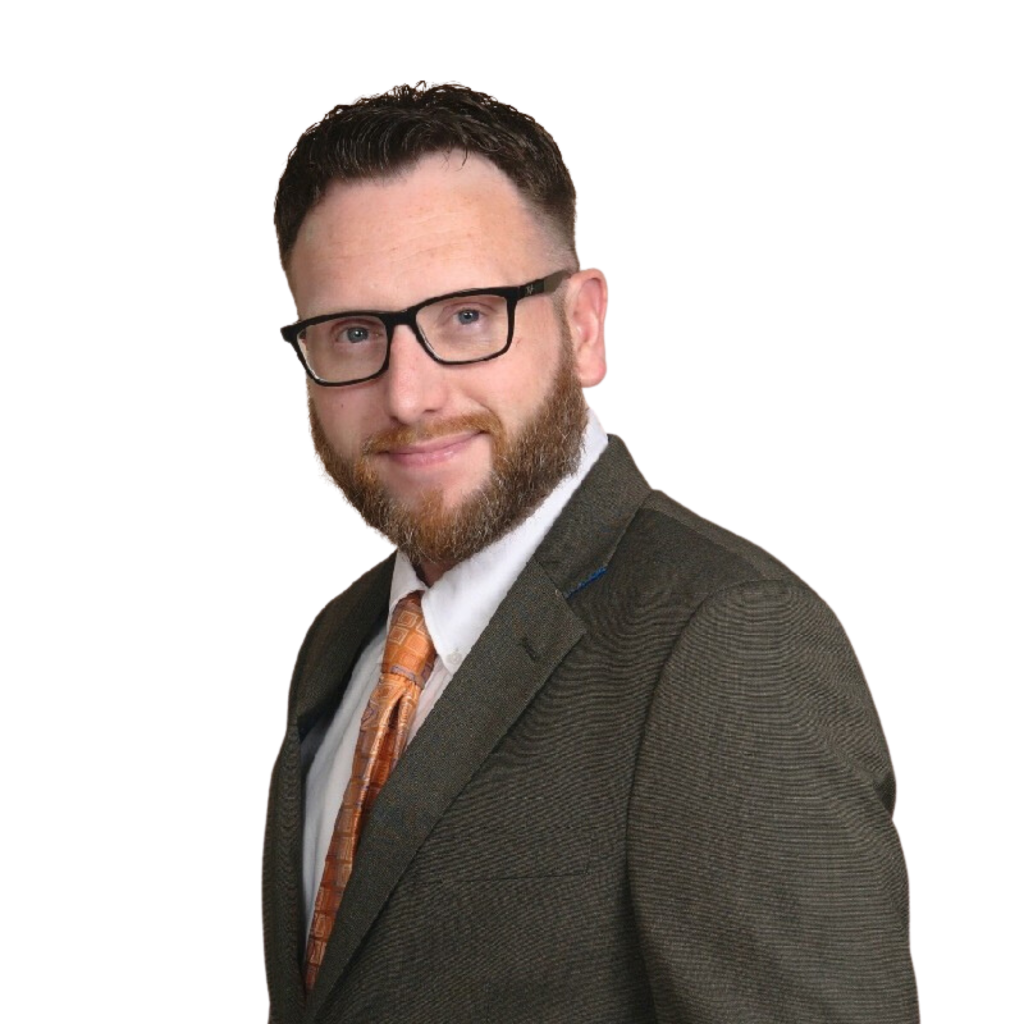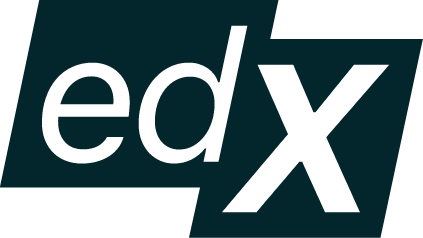
As you prepare for counseling interviews, it’s crucial for you to convey your expertise, strengths, and abilities. Use this guide to explore pragmatic insights, effective strategies, and real-life instances that will empower you to construct compelling responses and demonstrate your professional value with confidence. Whether you boast extensive experience as a veteran practitioner or are aiming to land your first job in the field, our commitment is to ensure you’re thoroughly equipped to tackle any interview question that comes your way.
Interview questions by category
We have categorized the interview questions into three sections. Feel free to read straight through or jump to the sections that interest you most.
Tell me about yourself.
This is the most common and one of the most dreaded interview questions because it is so broad. Here is a useful formula for developing an answer to this question:
- Present — Talk a little bit about your current role or educational program, the scope of it, and perhaps a recent accomplishment.
- Past — Tell the interviewer about your background experience and education. Be sure to mention previous experience that’s relevant to the job and company you’re applying to.
- Future — Segue into what you’re looking to do next. Tell the interviewer why you’re interested in this role and why you’re a great value-add.
Your snapshot should show the interviewer how your experiences equip you with the skills to succeed at their company and why you are interested in the specific role.
Pro tip:
Your answer to “Tell me about yourself” could determine the direction of the interview. Typically, what the interviewer asks next will be a follow-up question based on your answer. It’s almost like you get to control where the interview goes! It is highly recommended that you prepare your answer to this question before each interview. Practice delivering your answer to ensure it is relevant and leads to follow-up questions that allow you to shine.
What are your greatest strengths and weaknesses as a counselor?
Consider the job description and the required skills in the posting, and align your answer with skills you’ve mastered. Discuss your areas of expertise and how they will benefit the organization, team, or position. Think of weaknesses as opportunities for growth. Discuss opportunities for you to grow in your career and things you’re actively doing or skills you’re honing to continue learning and growing in your field. Do not cite essential skills or concepts for this position as weaknesses.
Why do you want this job?
Demonstrate that you’ve researched the company or practice, and express what you like about it and why your skills would add value to the role. What about the organization’s mission, values, and population do you identify with? Explain how the role will contribute to your career progression and what you can contribute to the team. What about counseling excites you? Keep your reply high-level, specific, and not overly personal. Show enthusiasm about potentially working for the company.
Where do you see yourself in five years?
This question is designed to probe your career goals and vision. First, tell your interviewer about your career aspirations and ambitions. Then, express your desire to succeed and explain how this job will contribute to your progress. Use this question to show that you are goal-oriented and have a plan to achieve your goals.
What are your salary expectations?
Prepare thoroughly for this question; you can start by reviewing the Salary negotiation guide. Research salary ranges for the role, the industry, and your geographic area using websites like Payscale.com or Salary.com. The interviewer wants to know how you value yourself. To avoid leaving money on the table, ask how the interviewer values the role before stating your expectations. Aim high but within the range you’ve researched, and be prepared to provide examples of why you’re worth the salary you cite.
Expert advice
“A big part of effective salary negotiation is based on the candidate’s confidence to present a figure backed with proven data. Performing in-depth research is a key element of building that confidence.”
– Colin L., career expert at edX

Do you have any questions for me?
Interviewers often ask this question to gauge your interest and to see if you’ve researched the company. Prepare a few questions in advance, but keep in mind that your questions may be answered during the interview. To show you’re engaged with the interview process, prepare questions related to work, company culture, or day-to-day responsibilities of the job.
What led you to pursue a career in counseling?
By asking this question, the interviewer is seeking to understand your motivations, personal experiences, and reasons for choosing counseling as your profession. This question helps the interviewer gauge your passion for and commitment to the field, as well as your ability to connect with and support others. Your answer should emphasize your desire to be of service to other people and help improve the quality of their lives.
How do you build rapport when you notice a client’s resistance to therapy?
An interviewer asks this question to learn more about your therapeutic strategies to establish meaningful connections with clients. Your answer should include a specific example of the techniques you use to help your client and the results of your methods. If you have not built rapport in a clinical setting, talk about how you might approach this scenario or how you have built rapport with other resistant individuals in your life.
Can you walk me through your clinical process before, during, and after a session with a client?
Outline your typical routine and why you prefer to do tasks in a particular way. Your interviewer wants to learn more about how you organize and document your therapy sessions. Be specific when answering this question. Provide details on how you prepare before a session, how you interact during the sessions, and what you do after each session.
Tell me about a time when you were in conflict with a colleague about a client’s treatment plan. What did you do and how did it resolve?
Behavioral questions are common in the field of counseling. When answering this question, use the STAR Method. (Learn more about the STAR Method in our Behavioral interview prep guide.) The STAR framework will help you form a succinct answer that provides specific details about your behavior in this situation. Focus your answer on how you manage conflict and how you advocate for your clients’ best interests.
Pro tip:
Embrace the opportunity to address behavioral questions even if you’re entering the field without prior professional experience. Showcase your grasp of theoretical concepts gained through your coursework and articulate how you intend to translate this knowledge into real-world applications. Draw on your diverse personal and professional background to craft a narrative using the STAR framework. By sharing concrete examples, you can demonstrate your achievements and contributions, thereby highlighting the valuable skills you bring to the table.
What counseling techniques do you use most often when working with clients?
This is your chance to demonstrate what you have learned in your coursework or throughout your counseling career. You can talk about short and long-term approaches, or you can explain how you blend different but complementary techniques in order to work with your clients in the most effective way. If the organization you are interviewing with uses specific counseling techniques that you know of, incorporate those techniques into your answer. Otherwise, answer honestly and try to use a specific example using the STAR framework.
How do you apply cultural competence and/or concepts of diversity and inclusion during your therapy sessions?
Understanding a client’s personal and cultural values, beliefs, and background can be crucial for effective therapy. Cultural competence in therapy also helps cross any cultural boundaries that may exist between you, the counselor, and your client. When answering this question, demonstrate your understanding of cultural competence and its importance in providing effective care. Cite specific examples of how you have applied these concepts to your therapy sessions. If you are new to the field, describe what your sessions would look and sound like when you are applying these important concepts.
What do you do outside of work that helps you maintain a healthy, well-balanced life?
Showcasing that you can manage the demands of a stressful job is essential. Counselors need to practice self-care for their own well-being in order to help others achieve their own. There is no right answer to this question. The only wrong answer is that you don’t practice any self-care or you mention an extremely unhealthy habit or coping mechanism. Your answer should include a few examples of positive self-care habits along with clear connections to your practices as a counselor.
What makes you stand out from other counselors?
This question is a great way for the interviewer to learn more about your unique qualities and how they can benefit their practice. When answering this question, it can be helpful to highlight some of your most important relevant skills and experiences that make you an excellent counselor. Feel free to elaborate on your passion for the profession and what motivates you to be a good counselor.
Expert advice
“No one knows you better than YOU! Be confident in your abilities and highlight what you think sets you apart from other candidates. While we need to earn a living, highlighting your passion and what drives you informs the employer of what will keep you motivated.”
– Nicole P., career expert at edX

Do you believe it’s important for counselors to stay up to date on current research and trends in the field?
Take this opportunity to demonstrate your commitment to continuing education and growth as a counselor. In your answer, explain why it’s important for counselors to stay up to date on research and trends in mental health. Share a specific example of how you stay abreast of what’s happening in the field. Feel free to cite specific websites, journals, blogs, or other resources you use to stay informed.
In your opinion, what is the most challenging part of this job?
Employers are looking for counselors that are aware of the challenges they will face in the role and are not afraid to tackle them. Don’t be afraid to mention what you believe to be the most difficult part of the job because self-awareness is a very important characteristic for counselors. Cite specific examples from your experience that describe times when you had to manage difficult situations and what helped you in doing so.
How do you manage confidentiality when working with clients?
Interviewers ask this question to gauge your understanding of the importance of confidentiality in the counseling relationship. Share your knowledge of guidelines around confidentiality and how you establish trust with clients to ensure their confidentiality. Also, share how you handle situations where confidentiality may need to be breached.
Describe a time when you had to handle a challenging client. What did you do? What was the outcome?
Handling difficult clients is an inherent part of being a counselor. Interviewers ask this question to assess your ability to handle challenging situations that may arise in counseling. Describe a specific example of a difficult client and how you navigated the situation, including any techniques or strategies you used to manage the client’s behavior and emotions. Share the outcome of the situation, what you learned, and any impact the situation had on your approach to counseling. Use the STAR framework to share this story.
Expert advice
“Use examples [of your work] and elaborate when you share a strength or experience. This will make your experience and skills more tangible in the interviewer’s eyes and they’ll have a stronger understanding of what makes you a great candidate for the role!”
– Deanna P., career expert at edX

How do you ensure that you practice ethically and follow ethical guidelines in your counseling practice?
This question is designed to assess your knowledge and understanding of ethical guidelines in the counseling field. Demonstrate your knowledge of ethical principles, how you apply these principles in your practice, and how you stay up to date with changes to ethical guidelines.
How do you measure the effectiveness of your counseling sessions?
Measuring the effectiveness of counseling sessions is important to ensure positive client outcomes. Interviewers want to know that you understand and accept that a big part of your role is assessing your work. Your answer should demonstrate your knowledge of various assessment tools, how you select and use these tools to measure progress, and how you use the results to adjust treatment plans as needed.
Describe a time when you had to collaborate with other healthcare professionals, e.g., doctors and social workers, to provide the best care for a client.
This question is designed to assess your ability to work collaboratively with other professionals for the benefit of your clients. In answering this question, provide a specific example of a time when you worked with other healthcare professionals to provide comprehensive care to a client. Use the STAR framework to describe your role in the collaboration, how you communicated with other professionals, and how the collaboration impacted the client’s treatment.
How do you envision the future of our practice?
If you are interviewing for a leadership role, you’ll be at the helm of future strategic decisions for the practice. The interviewer is interested in your thoughts about the practice’s future and how you envision your role there. You need to describe how you see the practice growing and how you plan to help orchestrate that vision with your role.



